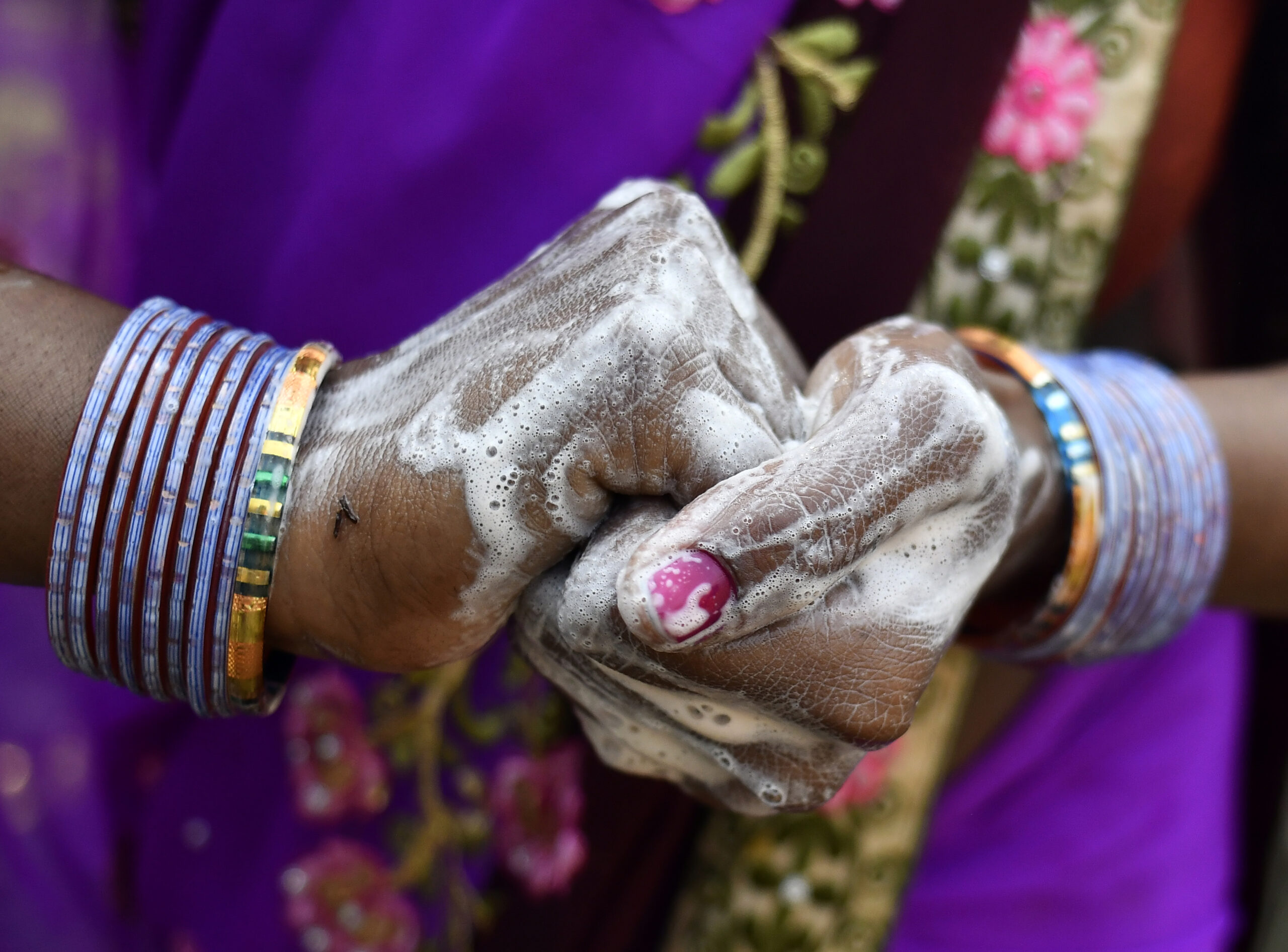
Hand Hygiene for All: A call to action for universal hand hygiene beyond the COVID-19 pandemic

The COVID-19 pandemic has shed light on a simple, yet often neglected solution: proper hand hygiene. Hand hygiene, through handwashing with soap or the use of alcohol-based handrub, is a cost-effective way to not only combat COVID-19, but also prevent the transmission of other diseases such as pneumonia, diarrheal disease, and other outbreak-prone diseases. To overcome COVID-19 and ensure good health overall, universal access to hand hygiene must be a reality for everyone.
In a recent joint statement, Henrietta Fore (UNICEF Executive Director) and Dr. Tedros Adhanom Ghebreyesus (WHO Director-General) emphasize, “Nearly six months since the onset of the pandemic, the most vulnerable communities around the world continue to lack access to basic hand hygiene.” An estimated 1 billion people are at immediate risk of COVID-19 simply because they lack handwashing facilities. In fact, 3 billion people worldwide lack handwashing facilities in their homes while 2 out of 5 healthcare facilities are not equipped to practice hand hygiene at points of care.
To address these gaps, WHO and UNICEF recently launched the Hand Hygiene for All Global Initiative, which aims to ensure lasting infrastructure and hand hygiene behavior. UNICEF and WHO are supported by a select group of core partners, including but not limited to the Global Handwashing Partnership, the COVID-19 Hygiene Hub, World Bank, Sanitation and Water for All, the International Federation of the Red Cross and the Red Crescent Societies (IFRC), the World Economic Forum, the United Nations Refugee Agency (UNHCR), and WaterAid. The initiative welcomes broader engagement from a range of supporting stakeholders, who must commit to strengthening and streamlining hand hygiene investments, advocacy, and programming through their own organizational efforts.
The global initiative is designed around three stages:
- Responding to the immediate pandemic;
- Rebuilding infrastructure and services; and
- Reimagining hand hygiene in society.
The aim is to secure political leadership to embed a culture of hand hygiene, strengthen the enabling environment to drive progress, ensure availability of hand hygiene stations, and use evidence-based behavior change approaches to encourage sustained hand hygiene practices.
The initiative calls on countries to develop comprehensive roadmaps that bridge immediate COVID-19 response plans with mid- and long-term development plans to ensure a culture of hand hygiene remains beyond the current pandemic. A proposed framework for coordination and collaboration also supports country-led efforts and investments for hand hygiene. A culture shift around hand hygiene will not happen overnight; however, by building on the targets set out by the Sustainable Development Goals, the Hand Hygiene for All global initiative envisions a future where all communities have the resources to form lasting hand hygiene habits.
Hand Hygiene for All means all people have access to the supplies they need to clean their hands at critical moments and at key places. It means a fundamental shift in knowledge, attitudes, and behaviors to normalize hand hygiene practices as a habit. The vision of universal hand hygiene by 2030 ultimately calls for a transformative approach, where hand hygiene is not only embedded in health systems to prevent infection, but also engrained in our everyday lives.


